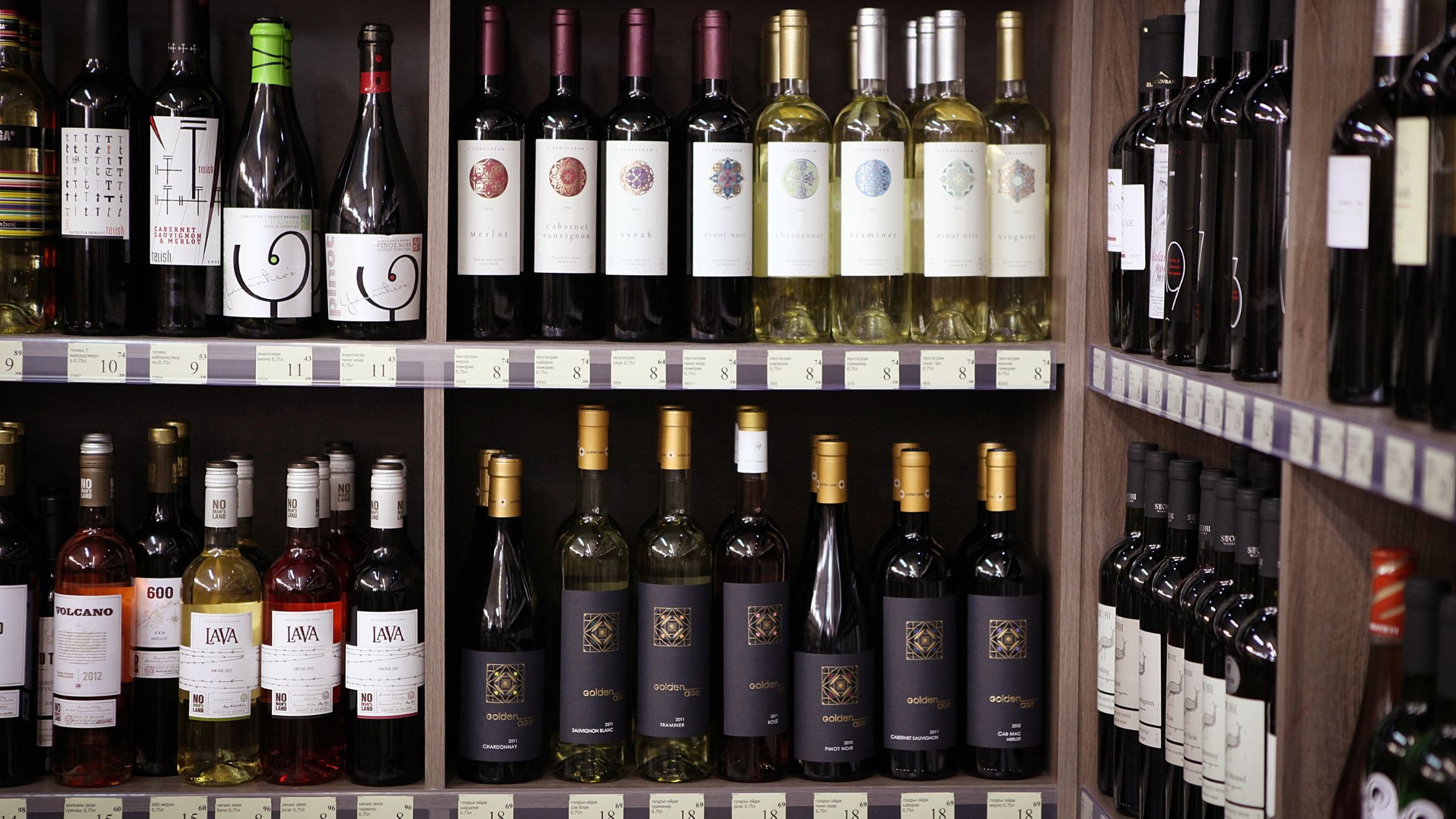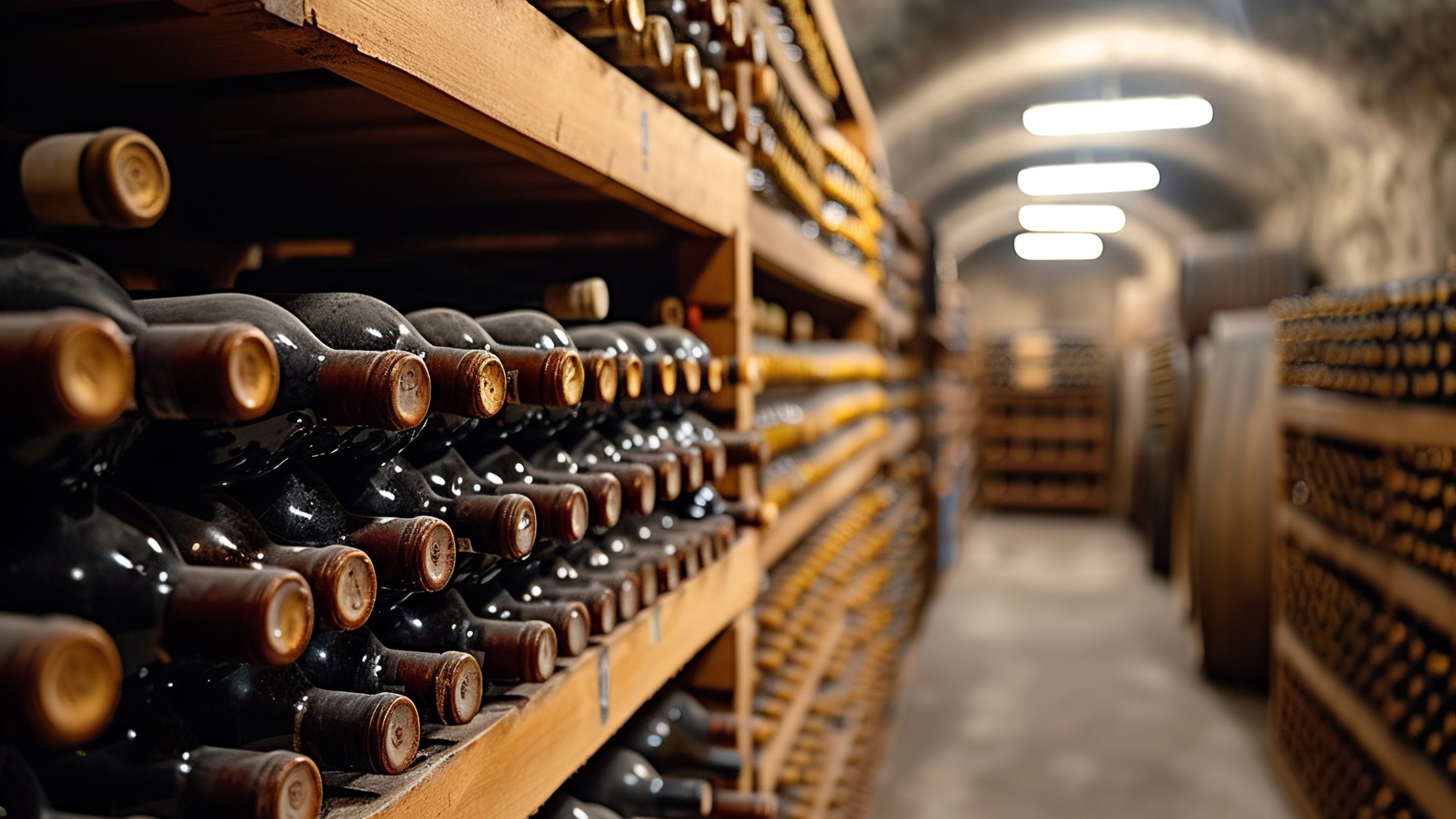
Storing wine correctly is crucial to preserving its flavor, aroma, and overall quality. A wine refrigerator, or wine cooler, offers a controlled environment that is ideal for maintaining the right conditions. Proper refrigerated wine storage is key to ensuring your wine ages gracefully and stays at its best. Whether you’re storing a few bottles or an extensive collection, understanding how to use a wine refrigerator is essential. This guide will explore the benefits of refrigerated wine storage, how to choose the right wine fridge, and the role of custom wine cellar design and wine cellar refrigeration units.
The Importance of Proper Wine Storage
Wine is a delicate beverage that requires specific conditions to maintain its quality. Exposure to the wrong temperature, humidity, or light can damage wine and cause it to age prematurely. A wine refrigerator helps you create the ideal environment for your collection. Refrigerated wine storage is perfect for keeping both red and white wines at the optimal temperature, ensuring that they retain their flavor profile and aroma.
Ideal Temperature and Humidity Levels
Temperature
The key to proper wine storage is maintaining a consistent temperature. Wine is best stored between 45°F and 65°F (7°C to 18°C), with 55°F (13°C) being the ideal temperature for most wines. Red wines typically prefer the higher end of this range, while white wines are better stored on the lower end. Excessive heat can cause the wine to age too quickly, while cold temperatures can slow the aging process or even damage the wine.
Humidity
Humidity also plays a significant role in wine storage. The ideal humidity level for a wine refrigerator is between 60% and 70%. If the humidity is too low, corks may dry out, allowing air to enter the bottle and spoil the wine. Conversely, high humidity can cause mold growth and damage labels. Maintaining the right humidity helps preserve the integrity of the cork and prevents oxidation.
Choosing the Right Wine Refrigerator
When selecting a wine refrigerator, it’s important to keep a few factors in mind:
- Capacity: Choose a wine fridge that suits your storage needs. Consider how many bottles you plan to store now and in the future.
- Cooling Technology: Look for units with stable and efficient cooling mechanisms. Compressor-based cooling systems are ideal for consistent temperature regulation.
- Vibration Control: Wine is sensitive to vibration, which can disturb the sediment in the bottle and affect its aging process. Choose a refrigerator with minimal vibration.
- UV Protection: Prolonged exposure to light can degrade wine. A good wine refrigerator will have UV-resistant glass to protect the wine from harmful rays.
Custom Wine Cellar Design and Refrigeration Units
For wine enthusiasts with larger collections, a custom wine cellar design may be the best solution. A custom wine cellar can be tailored to your space and aesthetic preferences while providing optimal storage conditions for your wine.
Incorporating a wine refrigerator into your custom wine cellar design ensures that your wine collection stays at the right temperature and humidity. Wine cellar refrigeration units are specifically designed to handle the climate control needs of a wine cellar. These units provide consistent cooling and humidity regulation, allowing wines to age gracefully in an environment that’s free from extreme temperature fluctuations.
Wine cellar refrigeration units come in various sizes and styles, so you can find a system that fits your space. Whether you need a unit for a small wine closet or a larger custom-built cellar, it’s essential to invest in a high-quality refrigeration unit to protect your investment.
Tips for Optimal Wine Storage
Here are some additional tips to ensure your wine stays in the best condition:
- Positioning: Store wine bottles on their sides to keep the corks moist. This prevents air from entering the bottle and helps preserve the wine’s integrity.
- Avoid Frequent Movement: Minimize the handling of wine bottles, as vibration can disturb the sediment and disrupt the aging process.
- Organize by Type: Organize your wine by variety, region, or vintage to make it easier to find and access the bottle you want to enjoy.
- Monitor Temperature and Humidity: Regularly check the temperature and humidity levels in your wine refrigerator to ensure they remain within the ideal range.
Conclusion
Proper refrigerated wine storage is essential for maintaining the quality and flavor of your wine. Whether you’re storing a small collection or a large assortment, investing in a quality wine refrigerator or custom wine cellar design is a smart choice. Wine cellar refrigeration units ensure that your wines are stored under the ideal conditions, allowing them to age gracefully and maintain their best qualities. For more information on wine storage solutions and expert advice, visit Wine Appreciation. By following these tips and choosing the right storage options, you can enjoy your wine collection at its best for years to come.
